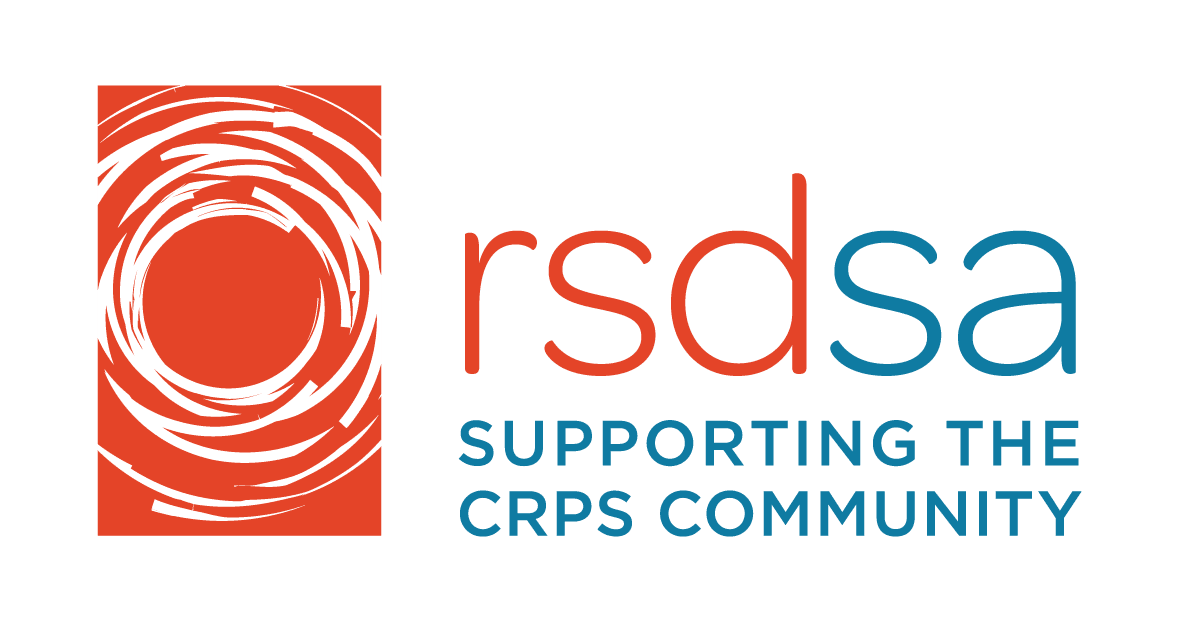 By Guest Blogger Jennifer Ginsburg
By Guest Blogger Jennifer Ginsburg
Jennifer has been living with CRPS for 24 years. In her 24 years with Complex Regional Pain Syndrome, she has learned a lot about herself and about the nature of CRPS. How can her experience help you? She created 24 tips to help you!
As I just entered my 24th year with Complex Regional Pain Syndrome, I’ve realized I lived with this disease for well over half of my life.
I’ve had the “benefit” of being a child with CRPS and just wanting to move on in life. I’ve suffered the “disadvantages” too and had to end my career in my mid-thirties.
My CRPS gave me 8 glorious years of remission. It’s also taught me it doesn’t always stand alone, and I’ve had to learn a lot about Autonomic Dysfunction (or Dysautonomia) rather quickly.
I figured in honor of my 24th year, I’d put together 24 tips, tricks or lessons that could help someone else.
They are as follows:
- As early as you can, desensitize yourself. It hurts in a way I can’t describe but once you make it through, you get some freedom back for the rest of your life.
- If you spread or think your spreading, treat it like a brand-new injury.
- Don’t be scared of spreading. It’s going to happen or it’s not. Your nervous energy is only going to make it happen or have it happen quicker or more advanced.
- I feel our job during a spread is to Accept it, make your necessary Adjustments/Accommodations and Advance forward.
- Start a Gratitude Journal. Write down five things you are grateful for each night.
- A good doctor is there to work with you. If you’re unhappy or don’t agree with your treatment plan, find another. It is one of your most critical relationships so make sure it’s solid and respectful from both sides.
- Be smart. Personally, I know I’m not with a doctor that has my best interests at hand if they’re wanting to implement multiple spinal cord stimulators. I’m also not with a doctor that’s good for me if they want me over medicated.
- Have someone to talk to. I think it’s helpful to have a professional that knows about chronic pain but you know what works best for you.
- Don’t be afraid of anything that can assist you. Get a handicap placard if it means you’ll go out more and participate in civilization now that you don’t have to walk so far.
- Call the RSDSA and ask for the “I have CRPS” wallet cards. Work on spreading awareness. I had some in my wallet and in my car for years. They’ve been extremely helpful.
- Always keep the “Emergency Guidelines for the CRPS Patient” and the “Hospital Guidelines for the CRPS Patient” printed out and stored safely home. They can be found on the RSDSA’s website under publications.
- Be upfront. You don’t need to fear the Emergency Room. I always go with the documents above, my medical records, pictures of my CRPS and let the attending doctor look online at my prescriptions through my pharmacy. I also don’t go there for pain management. That’s why I see my pain doctor monthly.
- Read “Systemic Complications of Complex Regional Pain Syndrome” by Robert J. Schwartzman, M.D. published in 2012. Become familiar with other issues that could come along with CRPS.
- If you’re on Facebook, the RSDSA is listed under “Support A Nonprofit.” Add them to your post and help them in raising money and awareness.
- I know I’m an odd patient, but I try to live as normal as I can. I get an IV twice a week and my blood pressure taken at least 4 times a week. To me, these are things that need to be done to keep me alive. Mindset is huge with me and my CRPS.
- With that said, I believe that I’m going to be in pain anyway, I might as well do something.
- On the flip side, I’d rather have pain from doing something than from doing nothing at all. In a strange sense, I feel like I earned it so it’s easier to fight.
- For me, distraction is key. It can bring my pain down. My animals can do the same.
- Being online in high Pain moments isn’t healthy for me. It’s putting too much into my pain when I’m in support groups and it’s also putting too much into other people’s pain. You should evaluate your pain levels if you’re spending a lot of times in groups.
- I know when I get grumpy it’s either time for medication, rest or something to get my pain level back on the scales. It’s not my personality and I know when I see that version of me, I’ve gone too far.
- Our loved ones have a grieving process to go through as well.
- You should look for and read “The Spoon Theory”.
- You’re never alone. You should know that 1 (800) 273-8255 is the number for the National Suicide Prevention Hotline.
- I’m always around if you would like to add me to Facebook.
None of asked to be thrown into this crazy world. We all learn little “helpers” along the way. I hope some of mine resonated with you. I know I’m going to be in pain regardless, I at least try my best not to be miserable. It’s a conscience decision that I make day after day. Twenty-Four years later, I’m still at it.
